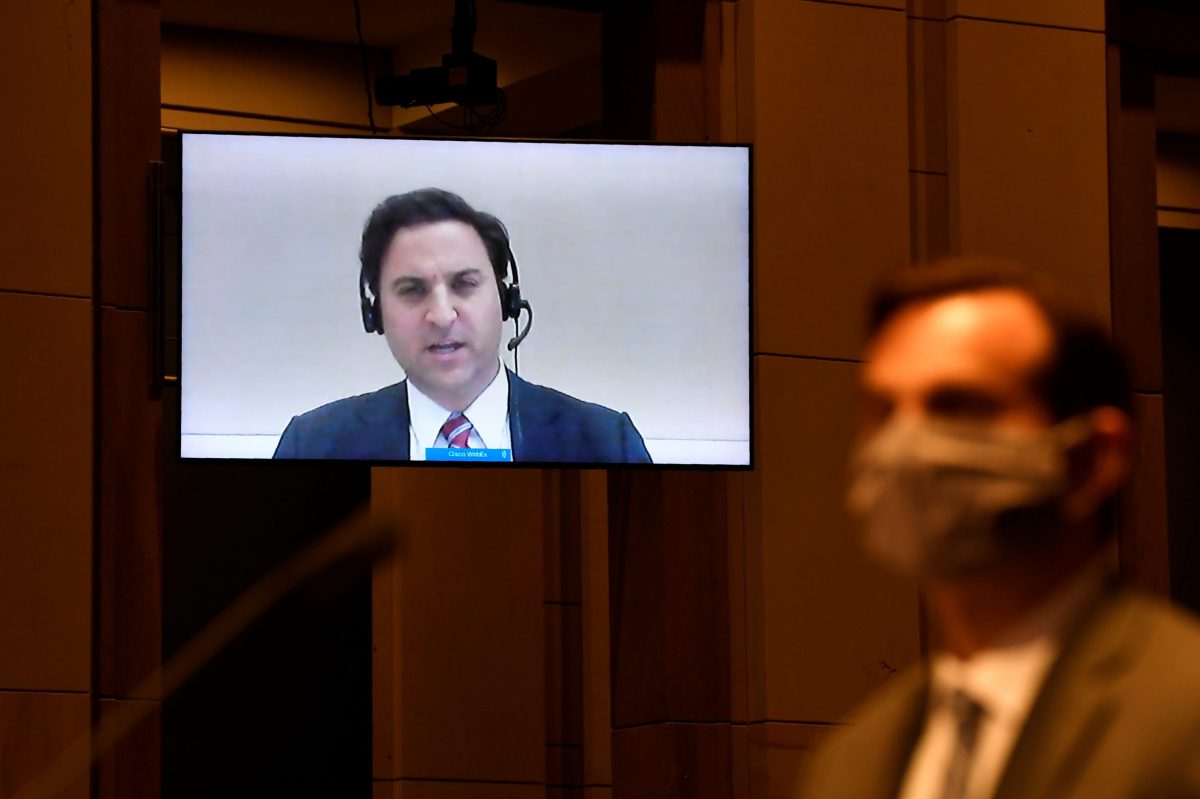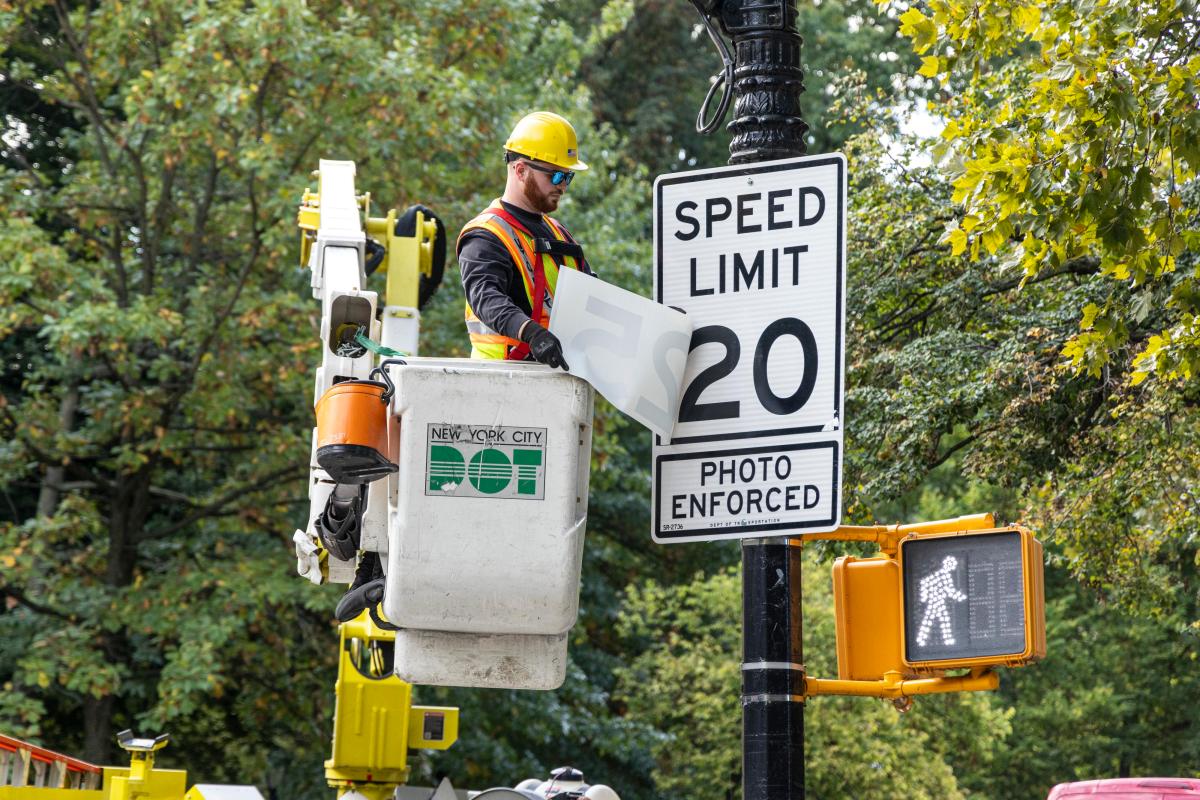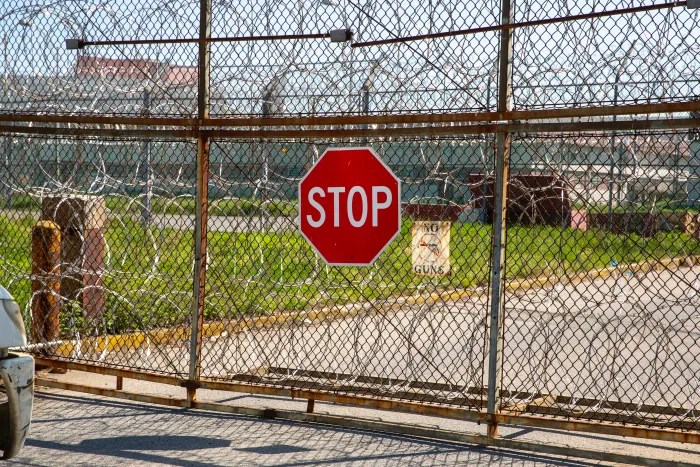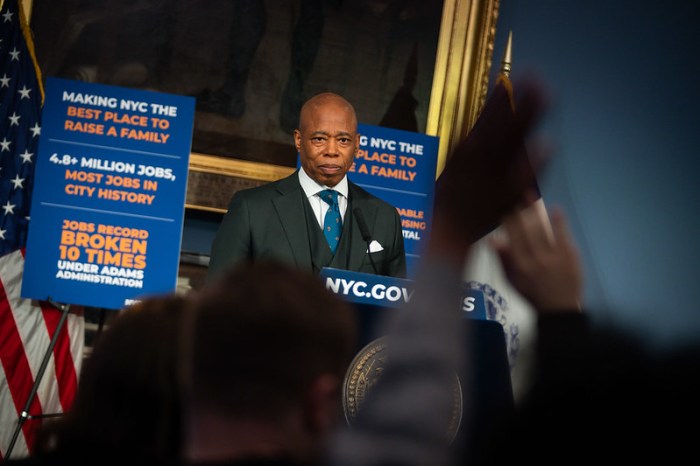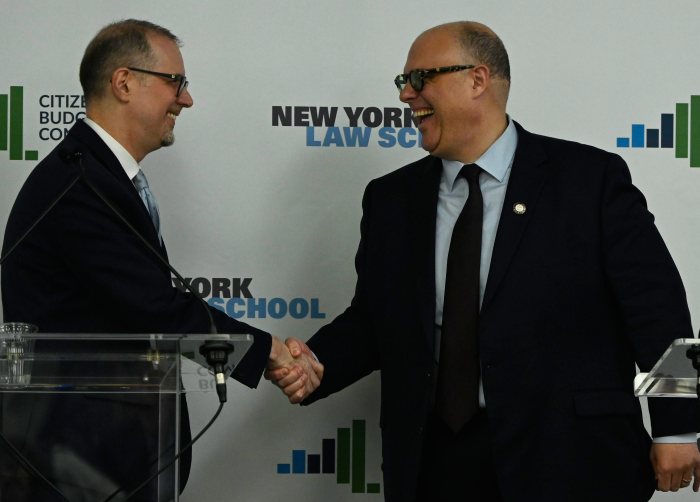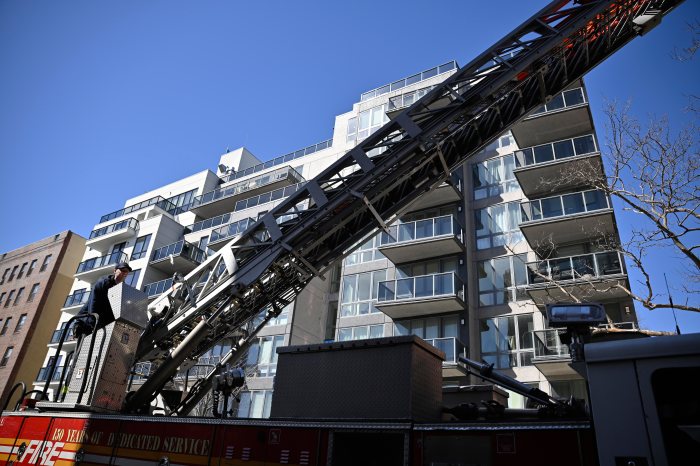BY SARAH N. LYNCH
U.S. House Democrats blasted Attorney General William Barr at a hearing on Wednesday over accusations he had improperly meddled in criminal cases and antitrust probes for political gain, but they stopped short of pledging to take any steps to try and oust the nation’s top law enforcement official.
“Mr. Barr’s work at the Department of Justice has nothing to do with correcting injustice. He is the president’s fixer,” said Jerrold Nadler, the Chairman of the House of Representatives Judiciary Committee.
“He has shown us that there is one set of rules for the president’s friends, and another set of rules for the rest of us.”
Nadler had mulled subpoenaing Barr to appear before the panel for a future hearing, but a Justice Department spokeswoman on Wednesday tweeted that Barr would voluntarily appear to testify on July 28.
Wednesday’s contentious hearing featured testimony from two current Justice Department employees who took the unusual step of publicly blowing the whistle against their own employer.
The hearing came at a time when Barr has come under growing scrutiny after he intervened in two prosecutions involving Trump allies, fired a federal prosecutor whose office is investigating Trump’s personal attorney, and oversaw the use of force by federal law enforcement officers against peaceful protesters in historic Lafayette Square.
Federal prosecutor Aaron Zelinksy testified on Wednesday that the U.S. Attorney’s office in Washington was pressured from the “highest levels” of the Justice Department to scale back its sentencing recommendation for Trump’s longtime friend, Roger Stone.
“Roger Stone was being treated differently from every other defendant. He received breaks that are, in my experience, unheard of,” said Zelinsky, who withdrew from the case after senior department officials filed a new sentencing memo that backed away from the original recommendation of seven to nine years in prison.
Stone, 67, who was convicted of obstruction, witness tampering and lying to Congress during its investigation into Russian interference in the 2016 presidential election.
Republicans on the panel criticized Zelinsky, who admitted he had not directly spoken with Barr or the then-Acting U.S. Attorney Tim Shea about their reasons for scaling back the sentencing recommendation.
Zelinsky told lawmakers that Shea’s office declined his request for a meeting, and that J.P. Cooney, who supervises public corruption cases in the U.S. Attorney’s office in Washington, had told him that political motivations were behind the abrupt shift.
The second employee to testify on Wednesday was antitrust attorney John Elias, who spoke about the about the politicization of antitrust probes into marijuana companies and the auto sector.
With less than five months before U.S. elections, the partisanship displayed during the House Judiciary hearing was on display throughout the Congress. During the hearing, legislation to stop excessive force by police departments fell victim to partisan infighting in the Senate.
Donald Ayer, the former Deputy Attorney General under George H.W. Bush who also testified before the committee Wednesday, said he feared Barr’s misbehavior was only accelerating as the election draws closer.
“The drum beat of his misbehavior is accelerating,” he said. “I don’t know what’s next, but I’m scared to think about what it might be,” he said.



